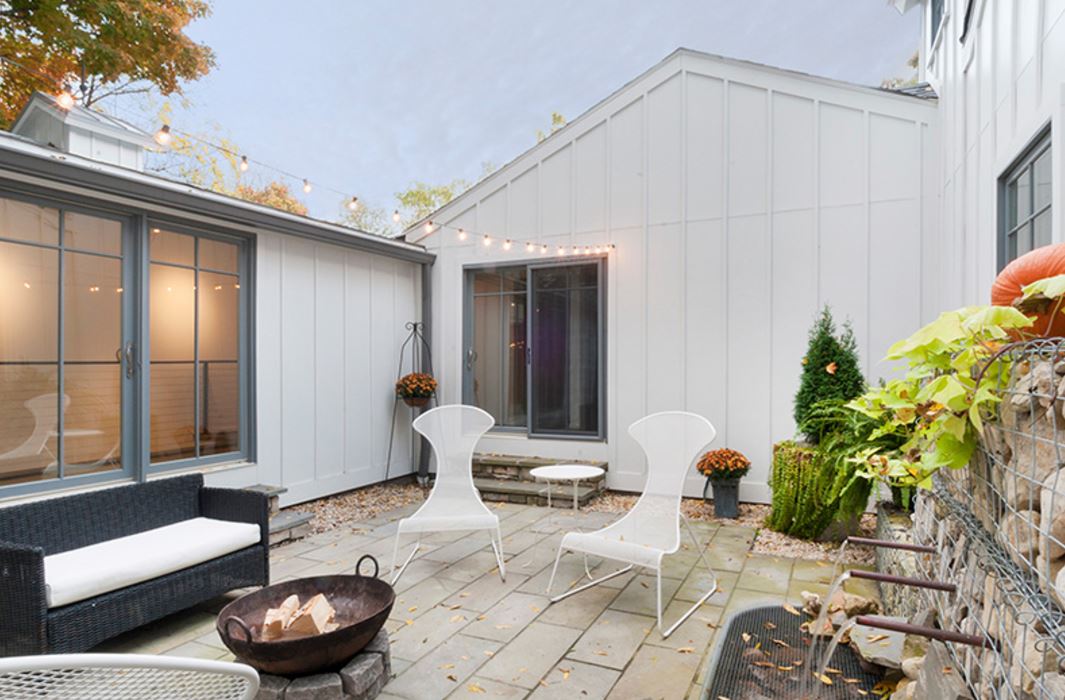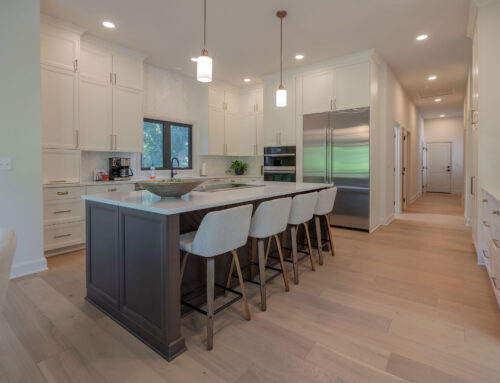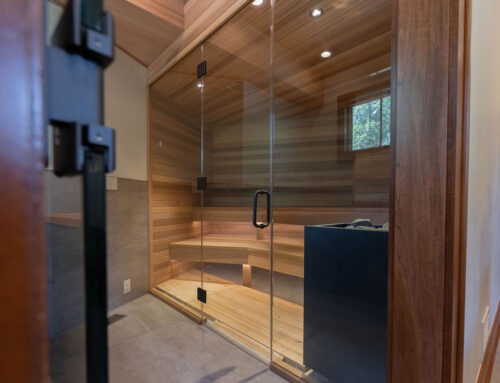NJW, your Columbus home builder and remodeling company, is aware of the growing need for homes being adaptable to the aging population. We call this aging in place. We are also aware that there is a growing need to tailor homes for to those with dementia which can be a completely different type of adjustment.
We have gathered ideas around the internet on how to tailor a home for a loved one with dementia, we hope you find these helpful.
It’s not easy being a caregiver to a loved one with Alzheimer’s disease or another form of dementia. In the beginning, they may be in an independent-living situation but eventually they need more supervision. With so many people in similar situations these days, we want to share ideas that can help make your home a safe spot for any of those gaps in care.
There are many forms of dementia and different stages within each disease. It may be that some of these tips won’t be practical right now but will be in a year or two. Or a few won’t be appropriate at all for your loved one. See what works for your family member right now, and come up with your own methods.
- Declutter your home.One of the most important goals of caring for people with dementia — besides keeping them from physical harm — is to keep them emotionally on an even keel. Reducing stimuli in the person’s environment is one way to do this. A serene environment is more conducive to a serene mind, and the reduced confusion will help you both.
- Manage the light. Sundowning is when the sun setting prompts feelings of depression and anxiety in those with dementia. A very common symptom, sundowning can be quite distressing to the person suffering from the disease, as well as to those around him or her.To help combat this symptom in your own home, you may want to install more blinds or drapes, or to move furniture so that those who are seated have the windows behind them. Toward the end of the day, increased artificial light can actually help minimize the effects of sundowning. Consider putting a few lights on a timer to eliminate the need for you to remember to turn them on. This can also be helpful because it keeps changes in light more consistent from day to day.
- Eliminate unnecessary noise. Think of it as decluttering the sound space in and around your home. Although you may be able to enjoy or tune out a sound like a radio or a wind chime, your loved one may not. This can result in a kind of sensory overload that can cause distress. Once again, the goal is a peaceful atmosphere that will keep your family member calm.Less truly is more when it comes to dementia, and what may feel deadly dull to you could be exactly what your family member needs. If you live in an urban or other area with frequent loud sounds that are outside your control (like sirens from emergency vehicles), a white-noise machine may help mask them.
- Set up an alarm system.Wandering is a common byproduct of dementia, and it can be quite dangerous. It’s good to have a system in place that lets you know when your family member is attempting to leave on his or her own. There are systems designed specifically for this purpose, such as doormats that sound an alarm when walked on. However, you can set up something as simple as a bell attached to the inside of the front door. A bell from a Christmas decoration can be repurposed and work just as well as something fancier.When you hear the bell, you can go for a walk with the person or gently redirect him or her to another activity.
- Create an indoor space. Give your loved one a special place to sit and doze. A chaise is perfect for this, but a comfortable chair with an ottoman or a couch could work just as well. The important thing is to keep it consistent, a place the person can return to each visit and feel comfortable.In terms of placement, make sure this special seating area is out of the way of any household hustle and bustle, yet still within view. That way, your family member can relax and not be in the way, but you can keep an eye out and ensure the person’s safety.
- Create an outdoor space. Create a safe space outside where your loved one can enjoy some fresh air, the sounds of birds and the warm sun on nice days. Make sure the area is enclosed, and perhaps add another bell to the gate. Dappled sun or shade is preferable to full sun; a bench or chair under a tree or an umbrella is a good idea.
- Remove unnecessary rugs. Besides being a tripping hazard, rugs can cause confusion and anxiety. Although it may be difficult for those of us with normal cognitive function to understand, a person with dementia may perceive a rug as a hole and try to walk around it or jump over it, or may simply freeze, not knowing what to do. It’s better to get it out of the space altogether.
- Keep fresh clothes at the ready. Prevent embarrassment on the part of your family member, and make things easier for yourself, by keeping a change of clothes handy for him or her. At least one pair of pants and two or three pairs of underwear are the most important items for obvious reasons, but socks and a clean shirt or two are also good to have on hand.
- Provide memories through images. Have a spot where you have many familiar or family photos, old and new. Loved ones suffering from dementia might like to peruse the pictures in the hall and recall the good times they represent. Because of their short-term memory loss, they can enjoy this activity each time they visit that spot.If you already have treasured photos on display in your home, don’t put them away until you see how they affect your family member. If you don’t have pictures up, think about creating a grouping of pictures somewhere your loved one can enjoy them. A contained space is preferable to scattered throughout the house. That way, visual noise is kept to a minimum, and you have a single place you can come back to and enjoy together.We hope you find these tips helpful. It isn’t easy being a caregiver but it is difficult being the loved one suffering as well…and spending some time trying to organize your home in a way that can be beneficial to them could mean a lot less stress on both of you.





